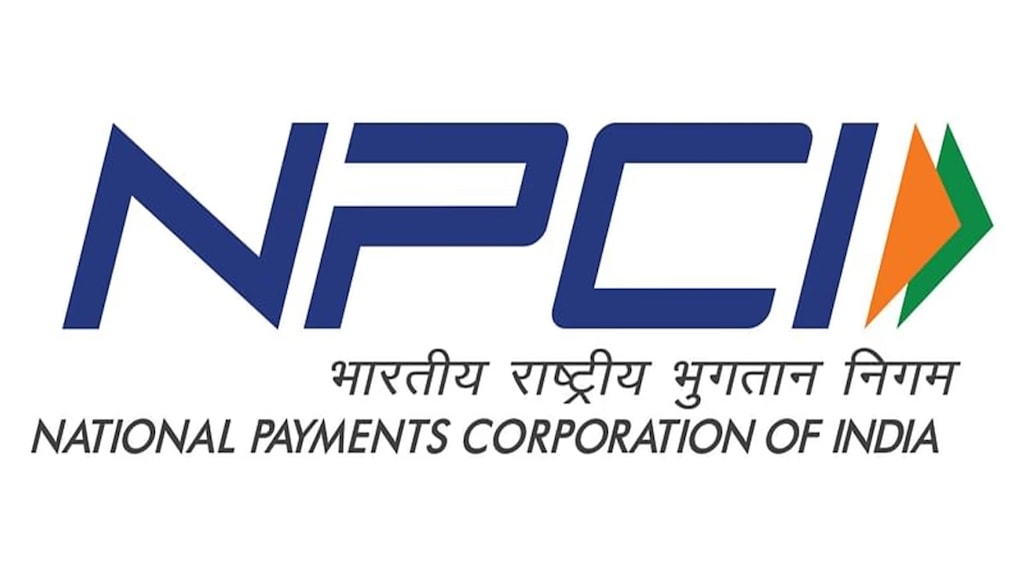National Payments Corporation of India (NPCI) is in talks with 10 countries to introduce the Unified Payments Interface (UPI) and Rupay.
“For UPI, we have signed up with three countries, but implementation may take a few more weeks. With Namibia, Trinidad and Tobago, and Peru, the commercial agreements have been signed,” said Dilip Asbe, MD & CEO, NPCI, at the 11th SBI Banking & Economics Conclave. “There is a lot to be done as far as the globalisation of (UPI and Rupay) the stack is considered, five-six countries have signed up and another 10 countries are in talks,” he added.
Currently, UPI is available in seven countries — France, the UAE, Singapore, Bhutan, Sri Lanka, Mauritius and Nepal.
He said the incidents of transaction failures on UPI have come down significantly since 2016 launch. “The technical decline rates transactions have reduced to 0.7-0.8% from as high as 8-10% in 2016,” Asbe said.
The average daily transaction count crossed 500 million in September, up from 483 million in August according to the NPCI data. In September, UPI processed 15.04 billion transactions, valued at Rs 20.64 lakh crore. At present, over 400 million people in the country use UPI for real-time payments.
He said the payment ecosystem is looking at moving small payments to UPI Lite. “As the time passes, low-ticket transactions must be migrated to UPI Lite is the strategy the overall ecosystem is looking at,” said Asbe.
UPI Lite allows users to make low-value transactions without the need for a UPI pin. In October, the RBI increased the UPI Lite wallet limits, doubling the per-transaction cap from Rs 500 to Rs 1,000 and raising the overall wallet limit from Rs 2,000 to Rs 5,000.

